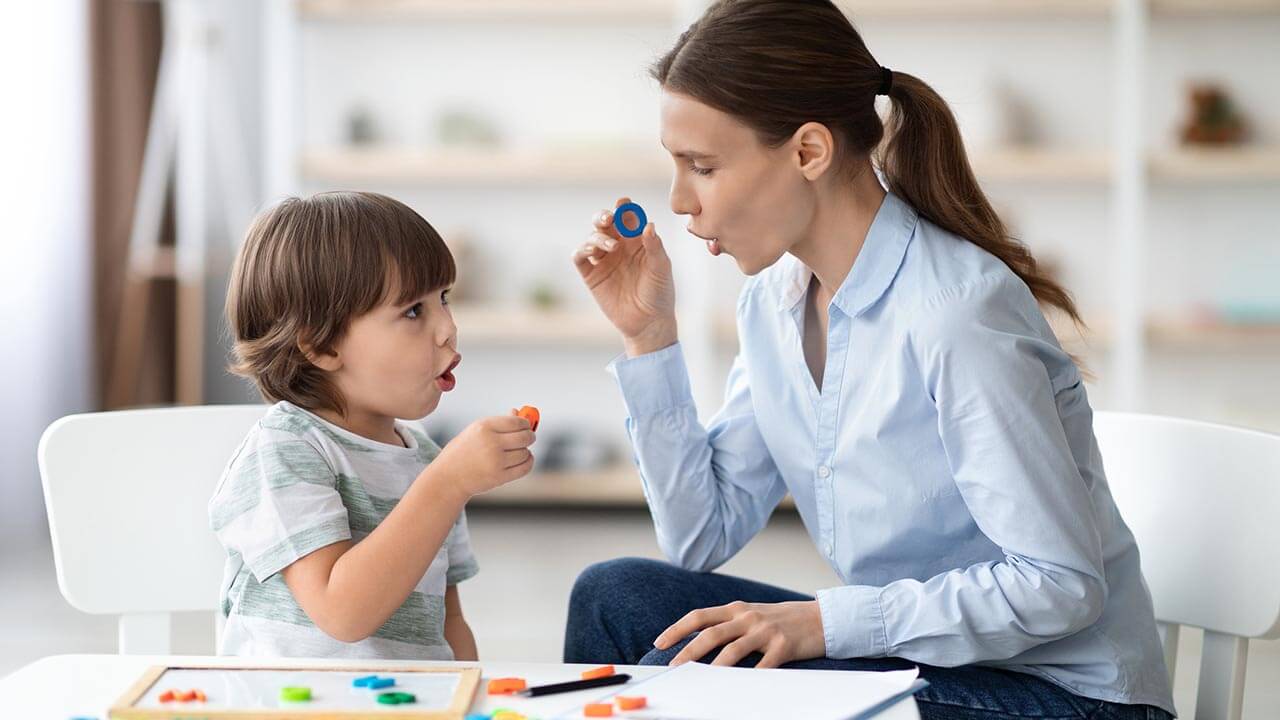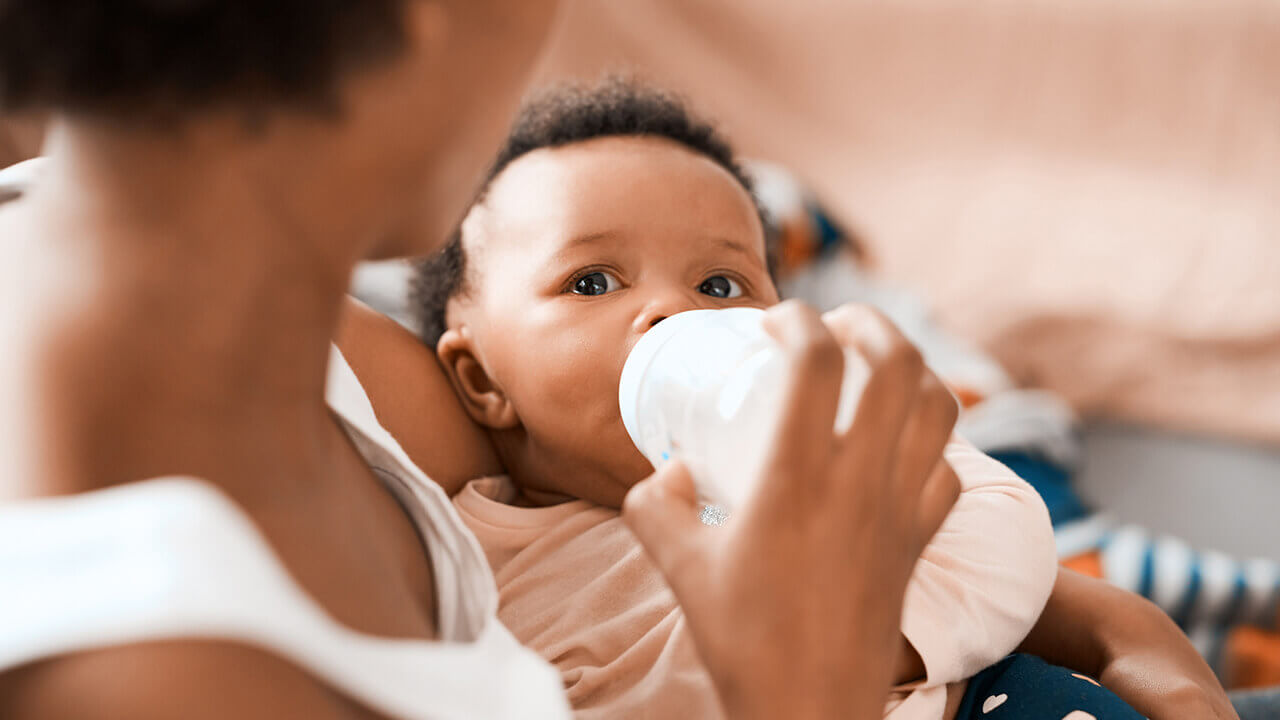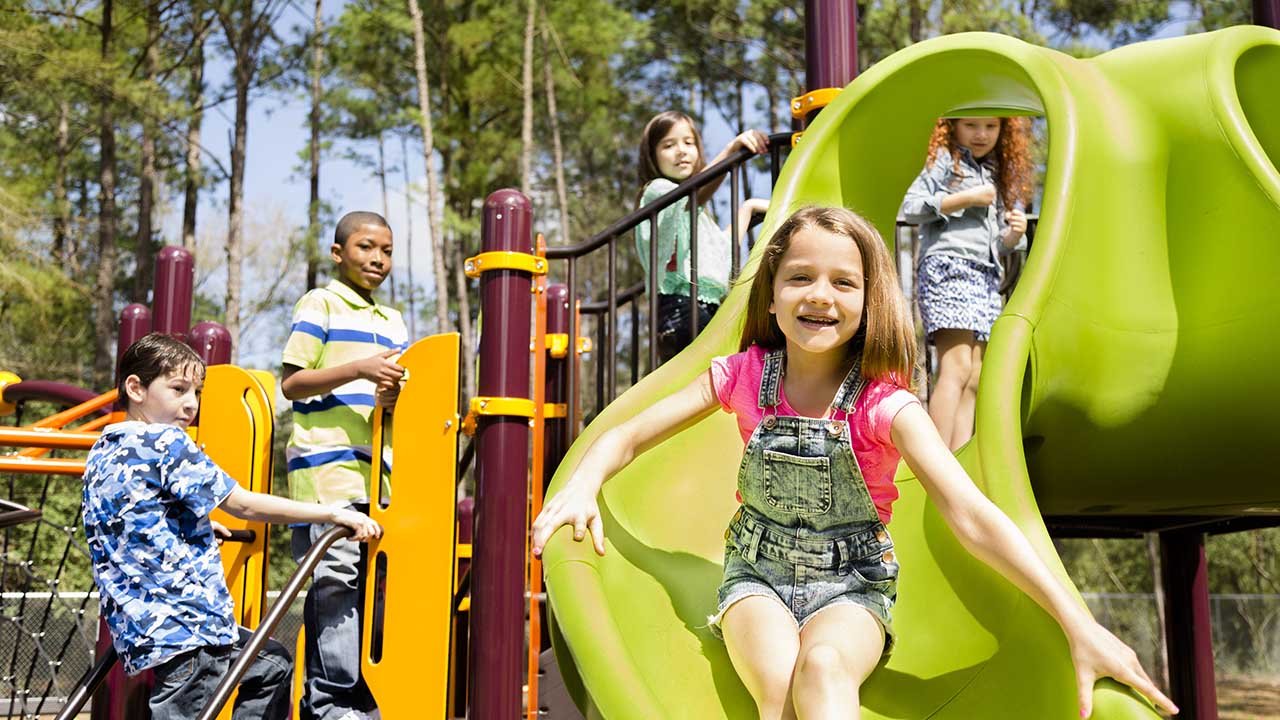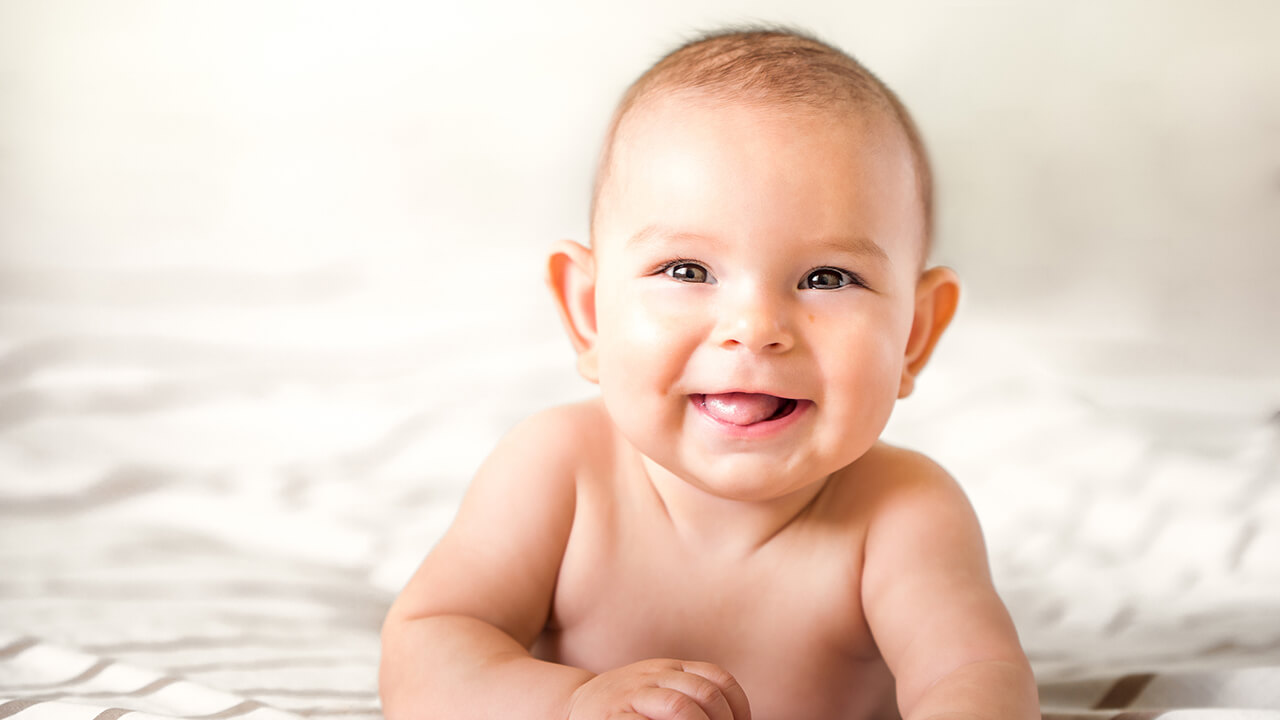

If you have a little one who isn’t yet talking, you may be hearing a lot of adorable baby gurgles and coos and witnessing a lot of funny facial expressions in the process. Do you find yourself wondering, when will those cute noises turn into words? What will my baby’s first word be? Will it be, "mamma," or "dada," or something else? When should I expect to hear that first word?
Milestones like speech are as exciting as a child’s first step. Speech is also a very important part of a child's development. While there’s no telling whether your child will say mamma or dada first, or exactly when their first word will come out of their mouth, there are speech milestones to be aware of and things to watch for if you have any concerns about delays or speech development.
Milestones like speech are as exciting as a child’s first step. Speech is also a very important part of a child's development. While there’s no telling whether your child will say mamma or dada first, or exactly when their first word will come out of their mouth, there are speech milestones to be aware of and things to watch for if you have any concerns about delays or speech development.
A child's speaking milestones
- The first signs of a child’s speech are typically the cooing sounds a baby makes.
- Around 2 months old, most infants are making vocalization-type noises other than crying.
- By 6 months old, babies are usually babbling quite a bit. At this point, the babbling is made up of mostly vowel sounds.
- Between 6 to 8 months old, babies normally start to add consonant sounds to their babbling. If you are not hearing consonants by 9 months old, only vowel sounds, contact your baby’s doctor to check in on his or her hearing.
- Around 9 months old, you may start hearing what sounds something like, “mamamamamama,” or, “dadadadadada.” At this point, your child is mainly repeating a string of syllables, but you can’t really understand what they are saying.
- By 1 year old, most babies now use mama and dada appropriately. Most children can also understand the word, “no” even if they do not always listen when they’re told so.
- Around 15 months old, children usually have at least one or two words other than, “mama” or “dada.” However, they usually understand many other words. This is also the age for “conversational babble.” This is when your child sounds like they are speaking a foreign language. They actually have vocal intonation, and some sentence structure. But the vocabulary is predominantly gibberish.
- Between 15 and 18 months old, many toddlers do a lot of pointing and whining. As parents or caregivers, we now get to guess what they want! When you find out what your child wants, try to get them to say the name of the object before giving it to them.
- Anywhere between 18 months and 2 years old, toddlers have a speech burst. They go from knowing just a few words to knowing more than you can count.
Toddler speech progress
While every child is different, there are some speech guidelines for toddlers that give us a baseline for progress. These are just milestones and are intended to be used as guides. The general rule of thumb is that for each year of age, that's how many words should be strung together in sentences. In other words, most:- 2-year-olds can say two-word combinations. At age 2, toddlers also typically have approximately 100 words in their vocabulary.
- 3-year-olds can say three-word combinations. At age 3, toddlers also typically have more than 250 words in their vocabulary.



